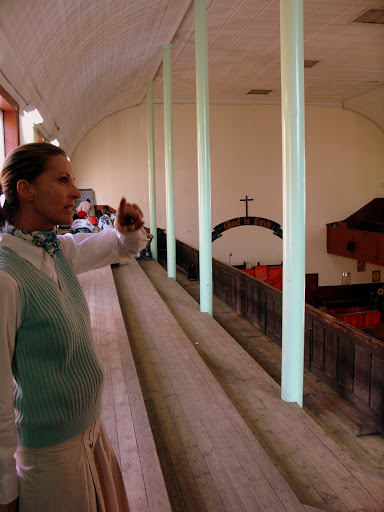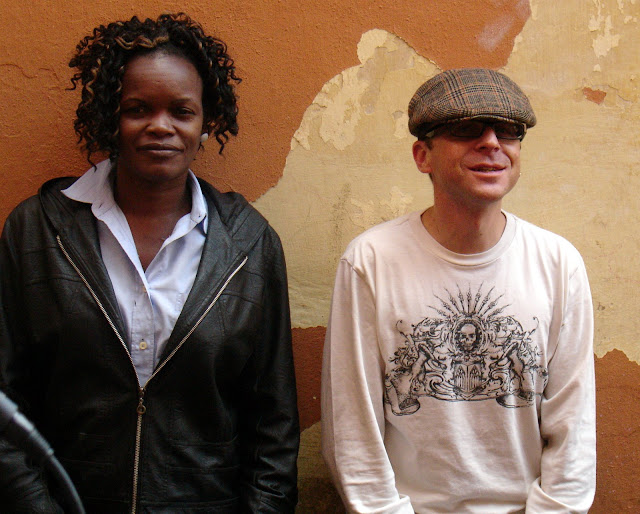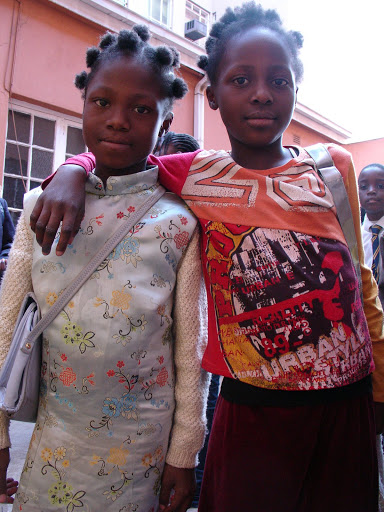
This post is based on a recent talk I gave at COPA (Campus of Performing Arts)
Its based purely on my own methods and findings
How I got started
I decided years ago that I wanted to be a songwriter. I’d always written songs, but never seriously and I’d never tried to make a living from it. I wanted to be a songwriter, but I wasn’t one. I was too busy being a gigging musician. A book I read gave me a wake up call: I realised it was pointless wanting to be a songwriter and that I should either give up the idea, or really try to work at it. (By the way the title of the book is irrelevant & it was a crap book except for one inspiring chapter, so I’m not going to advertise it here!) I made a conscious decision to do something about it and started to work on a plan of action…
I read Pat Pattison’s book “writing better lyrics” which gave me some amazing techniques and ideas. I worked with a partner & drew up a schedule and we wrote together on a regular basis as if we had a day job. I started telling everyone I knew that I was a songwriter. It took about a year until we got our first professional writing job: A friend asked us to write songs for an educational show to be performed at schools. The show was successful and the songs were well received. We were hired to do two more shows.
Soon after that we found a singer who was looking to record an album. We wrote, recorded and produced the entire album (except for 1 song). She licensed the album to Gallo Records, and we watched as the album become a monumental flop! My partner and I did all the writing and recording for free and earned a whopping R35 each from album sales. However it was the cheapest and best education I could ever have received. From that one album I learned about sales, marketing, distribution, contracts (get a lawyer!), performance royalties, mechanical royalties and most importantly I learned a lot about songwriting.
My philosophy: All writing is good for you
Since then we’ve written in wide variety of styles for radio & TV commercials, theatre productions, meditation CDs, pop artists, kid’s CDs and a bunch of other stuff. I’m a songwriter, I’m happy to take on the challenge of writing in any style. I’ve lost the musical snobbishness I had as a student.
The obvious starting point is to write. And write. And write. There are many courses & books around to help you, but that’s not what this article is about. As with anything in the music industry you have to be good at what you do. That’s a given. I’m assuming that you’re already at a point where you’re writing songs and are looking for a way to make a living as a songwriter. You have to build up a library of songs, and they have to be recorded. Properly. There is no such thing as a demo anymore. Demos are unacceptable. Your songs need to be adequately recorded and produced. If you don’t sing well enough, pay a session vocalist or barter with one. I recommend setting up a simple home studio as it is far cheaper to do than always having to pay studio time.
Something that I have found invaluable is having a songwriting partner. Someone to share the writing means less insecurity that you may be writing crap, and also helps to take you in directions you wouldn’t otherwise consider. A songwriting partner may also add skills/talents that you lack, such as a different vocal range, a good keyboard/guitar player etc.
Now back to the part where I assumed you already have songs recorded. What do you do with them?
Here is a list of things I’ve done (and often continue to do)
- Tell everybody and anybody who will listen that you are a songwriter. Work often comes from places where you least expect it.
- Make sure your songs can be heard easily by anyone. This means carrying CDs with you; putting up a website, MySpace page, FaceBook page etc.
- Keep your ears open for bands/artists going into the studio to record, and remind them that you’re a songwriter.
- Pitch your songs to artists or bands whenever you can. Be careful of playing just any of your material though, make sure it fits their style.
- Network. In real life and online. Go to jam sessions. Hang out with musicians. Try and meet people in the record industry and the advertising industry. Use FaceBook, Twitter, write a blog or whatever else is out there. Engage with people.
- Be an opportunist. Always be on the lookout for ways to market yourself. My partner & I were commissioned to write a love song for a woman who wanted to propose to her boyfriend. We approached Radio 702 and the whole thing was broadcast live on radio.
- Join sites like Songlink and Taxi but be warned: Songlink and Taxi are expensive and there there are some dodgy sites out there waiting to take your money. Do your research before paying for anything and have a library of songs ready to send.
- Read and contribute to relevant forums. You’d be surprised at the amount of information out there. A few that I like: Sound on Sound, Cakewalk, CD Baby, Composers Association of S.A. (CASA)
- Get a routine. Write regularly. You’ll start to develop a method and a style.
- Carry a notebook around and always be on the lookout for song ideas. Write them down, record them into your phone.
- Don’t be too precious about your songs. Be open to criticism, but be aware of who who is doing the criticising. If it is someone you respect, take note, if it’s not then take it with a pinch of salt.
- Pump Audio licenses independent music for film, television & commercials. As with anything, do some research before sending them your music.
- CD Baby is a great place for indie musicians to sell their music
- Some good places for info on various aspects of the music industry: http://sivers.org/ http://blog.artistshousemusic.org/ http://www.arielpublicity.com/
The business side
I learned most of the business stuff the guerrilla way, by making mistakes and later the right way from Donald S Passman’s “All You Need to Know About the Music Business”. It should be mandatory reading for all musicians
Join Samro immediately. They will handle your performance royalties.
I use Norm for my mechanical royalties, but there are other organisations handling mechanicals too.
DO YOUR HOMEWORK BEFORE JOINING! This means reading the organisations literature, asking them as many questions as you need to. Ask other industry professionals for advice.
DON’T JOIN AN ORGANISATION OR SIGN A CONTRACT WITHOUT BEING TOTALLY CLEAR WHAT YOU ARE GETTING YOURSELF INTO.
Conclusion
For me songwriting has become the primary focus of my career, but I’ve had to be creative to be able to make a living from it. I’ve learned to create my own platforms for selling my songs which include recording, distributing and marketing my own CDs. Empower yourself by learning all there is to learn about your craft and that includes the recording/programming techniques, marketing, distribution and sales.
Songwriting is a great way to earn a living even if you don’t ever have that number 1 hit song in the U.S.A. Getting enough good work in circulation in enough places should see you getting a fairly steady stream of income, and who know perhaps that hit will come along when you least expect it.
Good luck!















